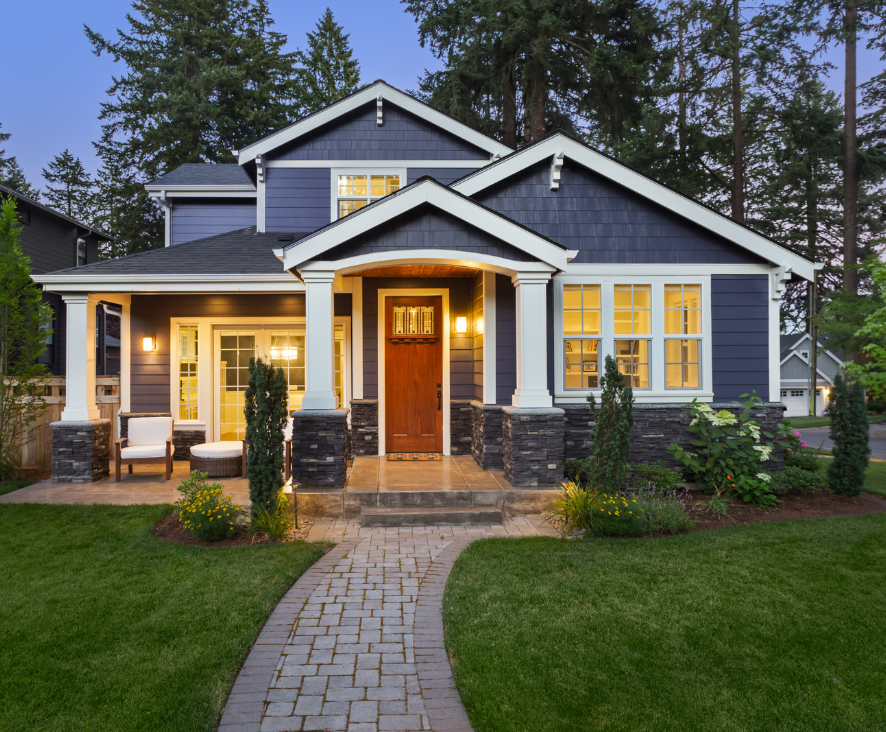If you’re looking for a place to live in Germany, whether renting or buying, there are plenty of ways to find available homes. The best places to look are real estate websites and newspaper ads, as most apartments and houses are listed there. Online platforms have made house-hunting much easier—you can see photos, compare prices, and even set up alerts for new listings that match what you’re looking for.
The availability of housing depends a lot on the region. In small towns and rural areas, renters and buyers usually have more choices and less competition. It’s easier to take your time and find something that suits your needs. However, in big cities like Berlin, Hamburg, Munich, and Frankfurt, the situation is very different. Demand is high, and landlords often receive multiple applications for the same apartment. Good properties get rented or sold quickly, so you have to act fast.
Finding a home in busy cities can take time and effort. In places like Munich and Frankfurt, where the competition is tough, it might be helpful to hire a real estate agent (called a “Makler” in German). Agents have access to listings that may not be publicly advertised, which can give you a better chance of finding the right place. However, it’s important to know that German law limits realtor fees—they can’t charge more than three months’ rent for their services. This rule keeps things fair and prevents overcharging.
As in many other countries, rental prices in Germany vary depending on location. In large cities, renting can be expensive, averaging around 14 euros per square meter. For example, a 50-square-meter apartment in a big city could cost around 700 euros per month, not including extra costs. On the other hand, renting in small towns and rural areas is much more affordable, with an average price of 8 euros per square meter. If you’re open to living outside major cities, you can find cheaper options with more space. Besides rent, tenants also have to pay extra costs (Nebenkosten), which cover things like heating, water, and gas.
Some buildings also charge for garbage collection and maintenance. These additional costs can add a lot to your monthly budget, so it’s important to consider them when planning your expenses. Overall, whether you’re renting or buying, Germany has a well-organized and fair housing market. The key is understanding the differences between regions, knowing what to expect with prices, and acting quickly if you’re looking in a competitive area. With the right approach, you can find a home that fits your needs and budget.





